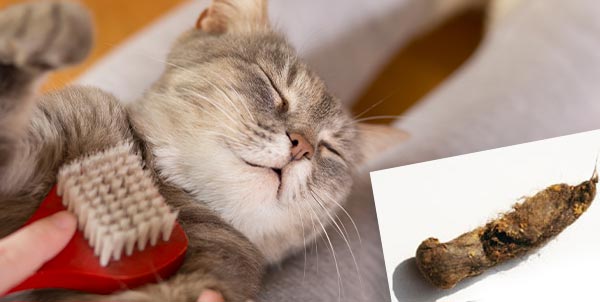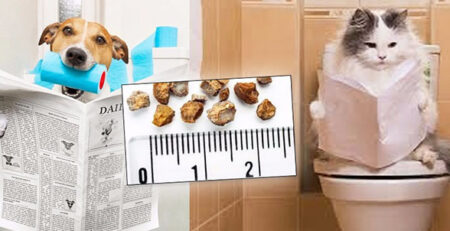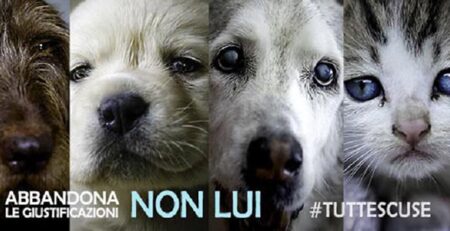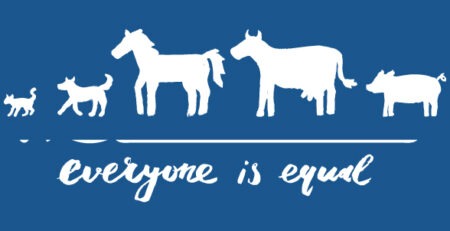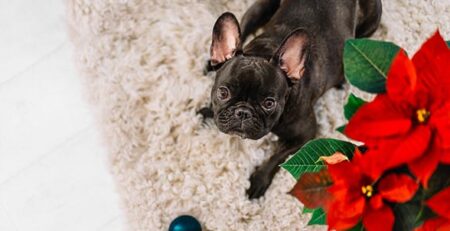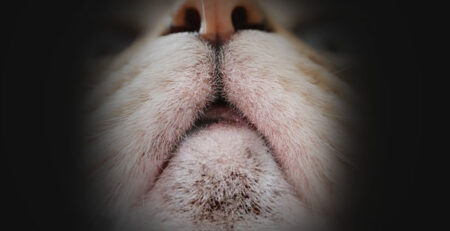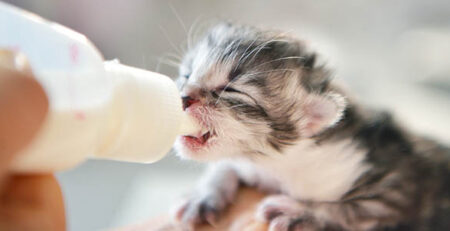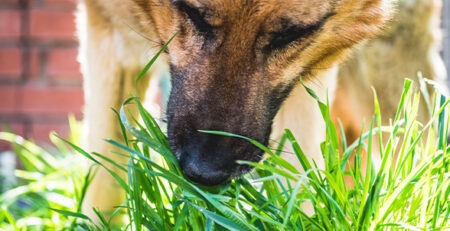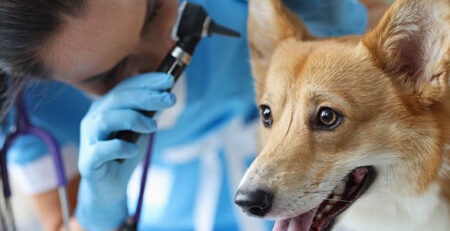Table of Contents
Hairballs in the cat: when the cat fails to expel them, it has a swollen and painful abdomen, does not defecate, coughs, and vomits gastric juices. How to prevent its formation?
The cat is a neat freak and one of its main activities is grooming, that is, running its tongue over its coat and licking itself.
In doing so, the cat collects a large amount of hair with its tongue, which it ends up ingesting and which accumulates to form so-called “boluses.”
During shedding, the amount of hair ingested increases
During shedding periods (spring and fall for outdoor cats, year-round for indoor cats) the amount of hair the cat loses increases.
As a result, the amount of hair that the cat ingests and then has to excrete also increases.
How are boluses expelled?
As long as they do not become bulky, the boluses remain inside the stomach and intestines without giving great signs of their presence.
The cat excretes them with vomit and feces without manifesting obvious discomfort.
Boluses expelled with vomiting are mushy, tube-shaped masses.
Did you know that boluses can accumulate in the stomach and intestines?
When ingested hairs are too many, they can accumulate in the stomach and intestines to form real balls, mixed with saliva and undigested food.
If the cat coughs frequently and the cough is followed only by expulsion of gastric juices, the bolus may have become too large to be eliminated.
Constipation and intestinal constipation in the cat
If, again, the cat has difficulty defecating or if it complains of pain during defecation, it may have an occlusion, or rather a bowel obstruction due precisely to a bolus.
But there are also other symptoms not to be underestimated that the cat might exhibit:
- Swollen abdomen
- Continuous retching
- Loss of appetite
Always report any symptoms that appear with any frequency to your Veterinarian.
Remember that only the Veterinarian can assess the symptoms, identify the cause, issue a diagnosis and prescribe appropriate treatment.
In principle, all cat breeds can be affected, especially during the
shedding
.
The risk is increased if your cat belongs to a breed with
long hair
.
Do you want to know how to prevent the formation of hairballs?
Brush the cat regularly: this is the best prevention because it removes much of the hair that would be ingested by licking.
Get him used to being brushed from an early age with special brushes, combs or hair-removing gloves.
Another rule: keep the cat from getting bored
A cat living indoors tends to lick itself more.
Sedentariness and boredom affect the percentage of time the cat spends cleaning itself and consequently, ingesting fur.
Enrich the environment with stimulating toys: an active and engaged cat spends less time licking itself and is not at risk of developing behavioral disorders.
Proper diet also prevents bolus formation
Nutrition helps in many ways.
The fiber are essential in a cat’s diet because they facilitate the transit and evacuation of ingested hairs.
You can minimize the formation of hairballs with a change in your cat’s diet.
There are specific foods on the market to help eliminate hairballs.
These can be administered regularly or given only at certain times.
Always consult your Veterinarian before making any dietary changes.
If you have any doubts or concerns, please do not hesitate to contact us: our Staff Veterinary doctors are always at your disposal.

